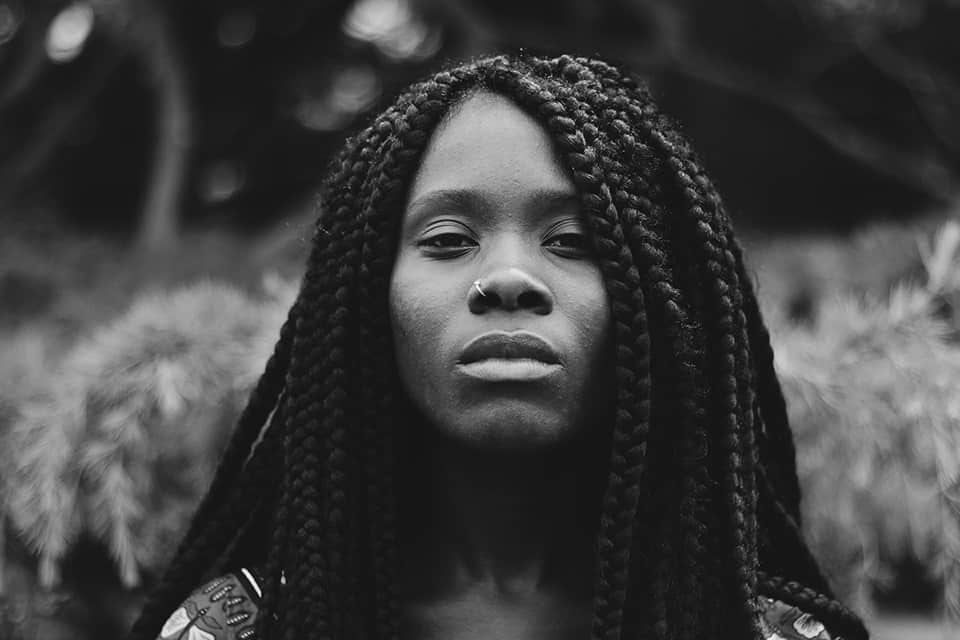Domestic Violence Awareness Month Blog
Domestic violence—also known as domestic abuse or intimate partner violence—can range from emotional/mental abuse, physical abuse, and/or sexual abuse. This can involve spouses, partners, roommates or family members. A common misconception about survivors is that people tend to think of victims as female; however, domestic violence affects everyone of all walks of life no matter their age, gender, sexual orientation, race, or social status.
For those who know someone who is in a domestic violence relationship, it can often be frustrating. “Why don’t they just leave him/her/them?” is a question that may come to mind. However, leaving an abuser can be extremely dangerous. The key is to remember that the survivor is the expert. You simply being there for them may mean the world to the survivor, as the abuser may have sought to isolate them from their friends and family.
You may be asking yourself: “What can I do to help?”
If you know someone who is in an abusive relationship, please know you are not alone. There are resources for you that can help you to assist, such as Common Ground’s Crisis Line and Victim’s Assistance Program. It is important to know that you should only intervene if it is safe to. If it is a dangerous situation, do not handle it yourself.
Here are a few tips if a friend or loved one confides in you that they are in an abusive relationship.
- Create a code word or sign that they can use to let you know if the situation becomes more dangerous and help is needed.
- Advise your friend to create a safety plan.
- This includes, but is not limited to, keeping their phone on them always, having a charger, ID, money, a change of clothes and phone numbers they need in an emergency.
Despite the hurdles of COVID-19, shelters are still operating, crisis lines and hotlines are available, and domestic violence advocates are ready to assist.
Finally, if you feel that yourself or anyone else is in immediate danger, contact 911.
Please remember it is no one’s fault for being abused and no one deserves to be treated in such a way. Anyone can end up in a bad relationship especially when an abuser starts out kind. But, with your increased awareness, together we can help those who are being affected.






